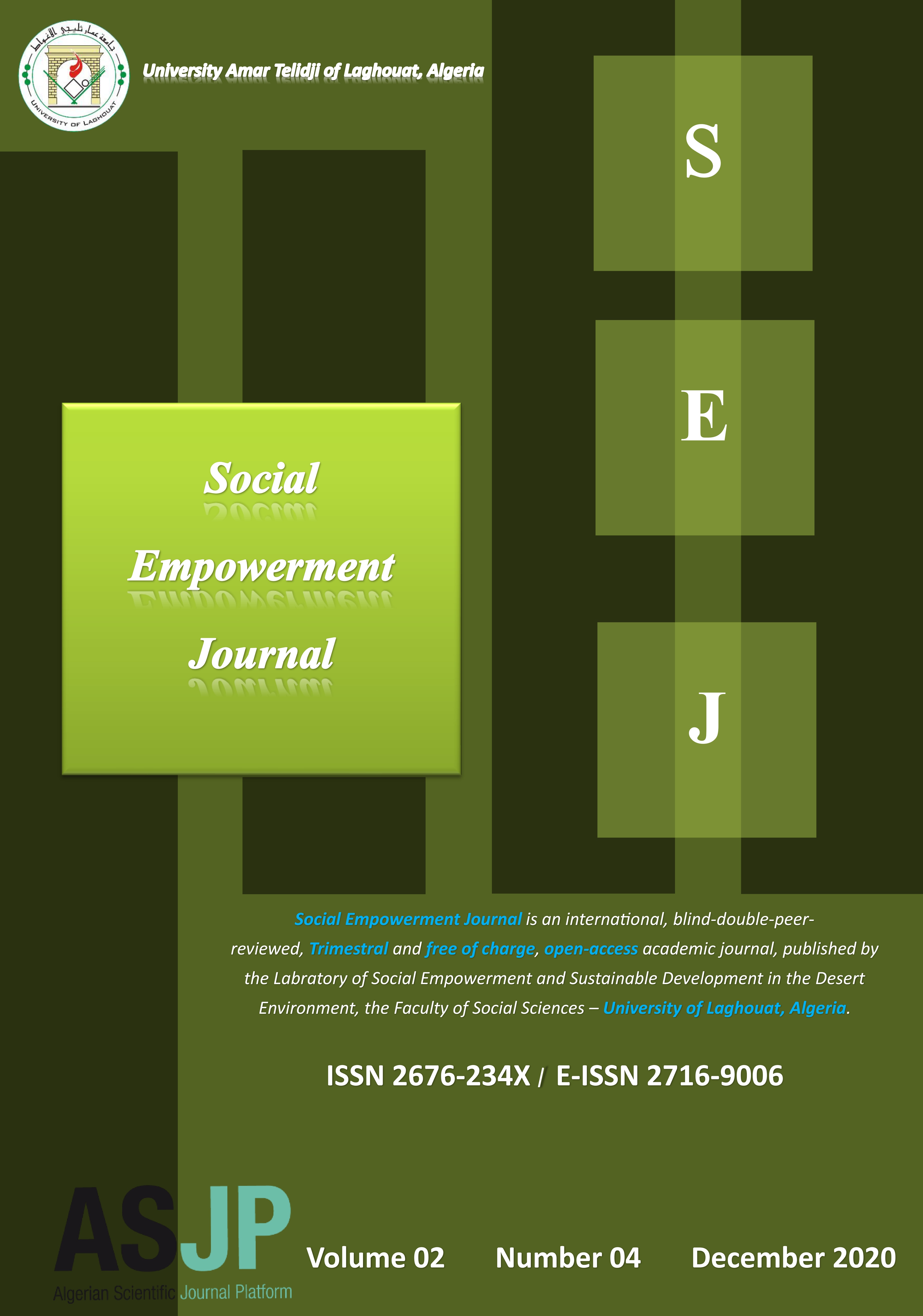Women’s Rights in Islam…. Realities and Contemporary Delusions
حقوق المرأة في الإسلام بين الواقع والشبهات المعاصرة
Abstract
This research titled: Women's Rights in Islam Realities and Contemporary Delusions, aims to depict a clear position of women in Islam. And illustrates some rights that Islam has guaranteed for them in all areas of their life. In achieving of the aforementioned targets, we gave an account on women's rights to life in Islam, their rights to legitimate orders and their rights of playing roles in building a good society. In this study, the researcher followed the descriptive and analytical approach to analyze the collected scientific materials. Finally, the researcher underscored that Islam has given absolute rights for women that deserve their nature. and made their work in their houses a basic duty for which they are responsible. The benefit of what woman is doing in her home is not limited to where she is, but the fruit of what she does is spread in all places where the human being breathes. And the researcher also emphasized that the woman is authorized to work outside her home as long as what she does is legitimately permissible and in proportion to her feminine nature, and it has not had a negative impact on her family life, and she has verified her religious and moral commitment.
Downloads
References
- Arabic references in English:
Abu Isa, M. I. (W D). Sunan al-Tirmidhi. Dar Ihya al-Turath al-Arabi, Beirut.
Abu Dawood, S. (W D). bin al-Ash'ath. Sunan Abi Dawood. Dar al-Fikr.
Abu al-Husayn, M. (W D) bin al-Hajjaj. Sahih Muslim. Dar Ihya al-Turath al-Arabi, Beirut.
Ibn al-Qayyim, J. (1973). Iielam Almuqiein An Rabi Al Alamin. Dar al-Jil, Beirut.
Al-Bukhari, M. bin Ismail. (2000). Sahih al-Bukhari. Dar al-Fikr for Printing, Publishing, and Distribution, Beirut.
Al-Jazairi, A. J. (1993). Minhaj al-Muslim. Dar al-Fikr for Printing, Publishing, and Distribution, Beirut.
Sayyid, S. (2001). Fiqh al-Sunnah. Dar al-Fikr for Printing, Publishing, and Distribution, Beirut.
Abu Abdullah, M.B.Z. (W D). Sunan Ibn Majah. Dar al-Fikr, Beirut.
Nawal Bint Abdul Aziz, E. (2006). Women's Rights in Light of the Quran and Sunnah. Research submitted for the Naif Bin Abdulaziz Al Saud International Award for Prophetic Sunnah and Contemporary Studies.
Ferkous. A. (2004). Fatwas al-Usrah, Number 280: Ruling on Women's Political Participation. Refund date: 01/11/2020, from: https://ferkous.com/home/?q=fatwa-280

This work is licensed under a Creative Commons Attribution-NonCommercial 4.0 International License.





















